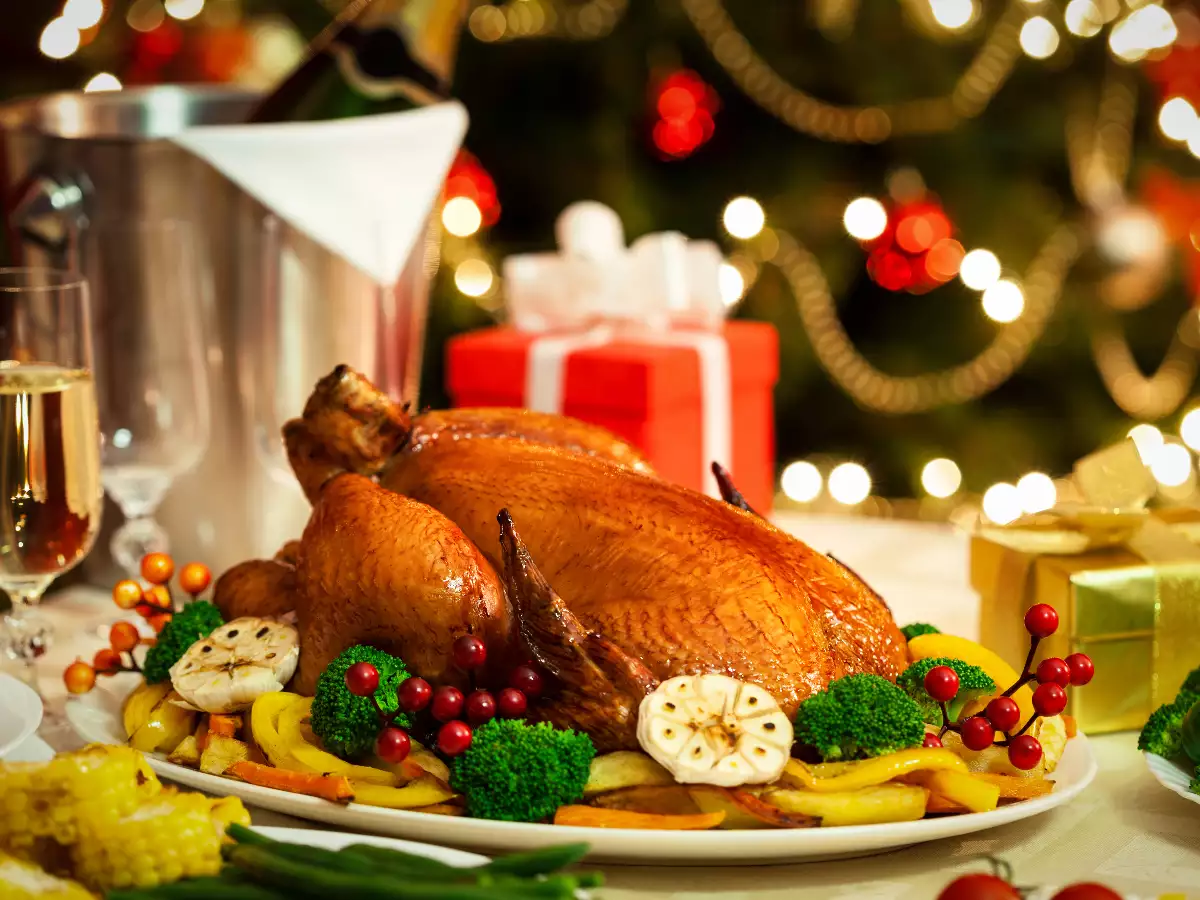Boiled eggs are a simple yet nutritious dish enjoyed by people all around the world. In Chinese cuisine, boiled eggs, often referred to as “bai zhu dan”, are a staple that can be enjoyed as a snack, breakfast, or part of a larger meal. Below, I’ll guide you through the process of making perfect Chinese boiled eggs, complete with tips and tricks to ensure your eggs are cooked to perfection.
Preparation
Before you start, it’s important to gather all the necessary materials and prepare your workspace. Here’s what you’ll need:
Eggs: The number of eggs you’ll need depends on how many people you’re cooking for. Generally, one egg per person is a good starting point.
Water: Use tap water that’s safe for drinking. The amount of water should be enough to fully submerge the eggs.
Pot: A medium-sized pot with a lid is ideal.
Stove or burner: For boiling the water.
Timer: Optional but helpful for precise cooking times.
Slotted spoon: For removing the eggs from the pot.
Cold water: For cooling the eggs after boiling.
Salt (optional): Adding a pinch of salt to the boiling water can make the shell easier to peel.
Steps to Make Boiled Eggs
Step 1: Bring Water to a Boil
Fill the Pot: Start by filling your pot with enough water to fully cover the eggs.
Heat the Water: Place the pot on the stove and turn the heat to high. Bring the water to a rolling boil.
Step 2: Add the Eggs
Prepare the Eggs: While the water is heating up, take the eggs out of the refrigerator (if they were stored there) and let them sit at room temperature for a few minutes. This helps to prevent the eggs from cracking due to temperature shock.
Gently Lower the Eggs: Once the water is boiling, gently lower the eggs into the pot using a spoon or your hand. Be careful not to drop them in too quickly or they may crack.
Step 3: Cook the Eggs
Set the Timer: Depending on your preference for egg doneness, set the timer for the appropriate amount of time:
Soft-Boiled Eggs: 3-4 minutes
Medium-Boiled Eggs: 5-7 minutes
Hard-Boiled Eggs: 8-10 minutes
Maintain the Boil: Keep the water boiling at a gentle simmer during this time. If the water boils too vigorously, it may cause the eggs to crack.
Step 4: Remove and Cool the Eggs
Use a Slotted Spoon: After the timer goes off, use a slotted spoon to carefully remove the eggs from the boiling water.
Place in Cold Water: Immediately transfer the eggs to a bowl of cold water. This stops the cooking process and makes the shells easier to peel.
Let Them Cool: Let the eggs sit in the cold water for a few minutes, until they’re cool enough to handle.
Step 5: Peel the Eggs
Tap the Shell: Gently tap the shell all over with the back of a spoon or your knuckles to create cracks.
Peel Away the Shell: Starting at one end, peel the shell off the egg. If you added salt to the boiling water, the shell should come off more easily.
Tips and Tricks
Room Temperature Eggs: As mentioned, letting eggs sit at room temperature before boiling can help prevent cracking.
Salt in the Water: Adding a pinch of salt to the boiling water can make the shell easier to peel, as it reacts with the proteins in the egg to create a slight separation between the shell and the egg itself.
Use Fresh Eggs: Older eggs are more likely to crack during boiling, so try to use fresh eggs when possible.
Control the Temperature: Keep the water at a gentle simmer rather than a rolling boil to reduce the risk of cracking.
Timing is Key: Accurate timing is crucial for achieving the perfect doneness. Use a timer or keep a close eye on the clock.
Variations
While traditional boiled eggs are delicious on their own, there are several variations you can try to add some flair to your dish:
Tea Eggs: For a flavorful twist, try making tea eggs by boiling the eggs in a mixture of water, tea leaves, soy sauce, and spices.
Marinated Eggs: After boiling, you can marinate the eggs in a mixture of soy sauce, vinegar, garlic, and ginger for a tangy, savory flavor.
Deviled Eggs: For a more indulgent treat, hard-boil the eggs, peel them, and fill the yolks with a mixture of mayonnaise, mustard, and other seasonings.
Conclusion
Making Chinese boiled eggs is a quick, easy, and nutritious way to enjoy eggs. By following the steps outlined above and paying attention to the details, such as temperature control, timing, and peeling techniques, you can achieve perfectly cooked eggs that are delicious and satisfying. Whether you enjoy them on their own, as part of a larger meal, or with a twist like tea eggs or deviled eggs, boiled eggs are a versatile and delicious addition to your culinary repertoire. So, the next time you’re in the mood for a simple yet satisfying dish, give Chinese boiled eggs a try!
Related Topics:






















